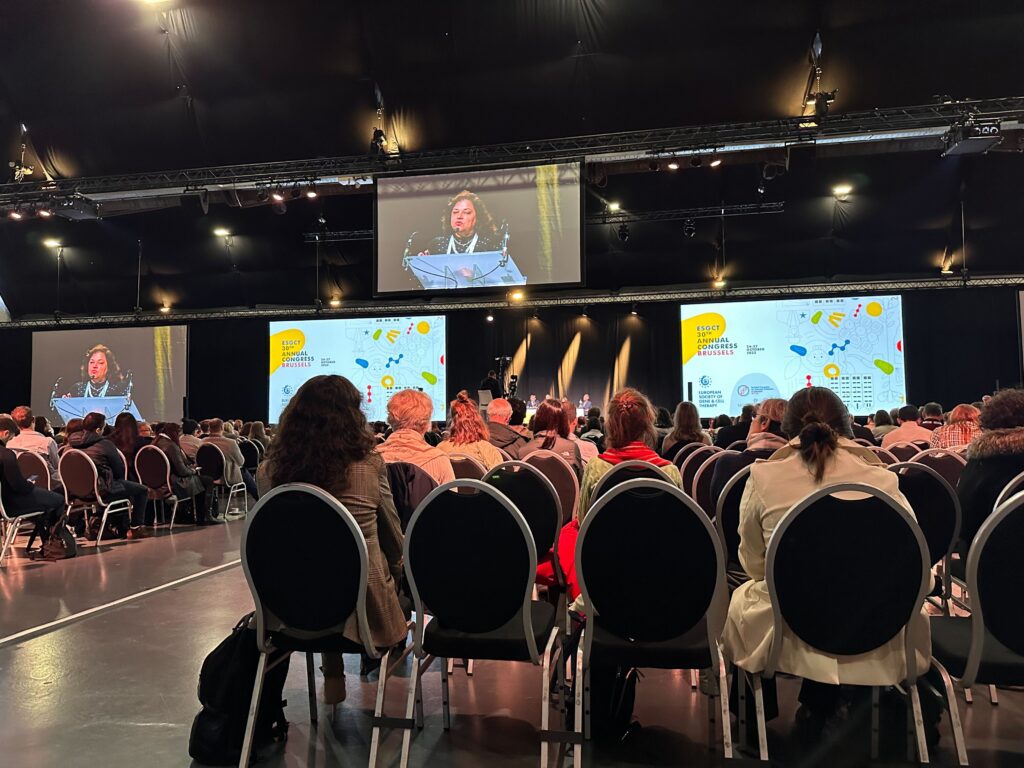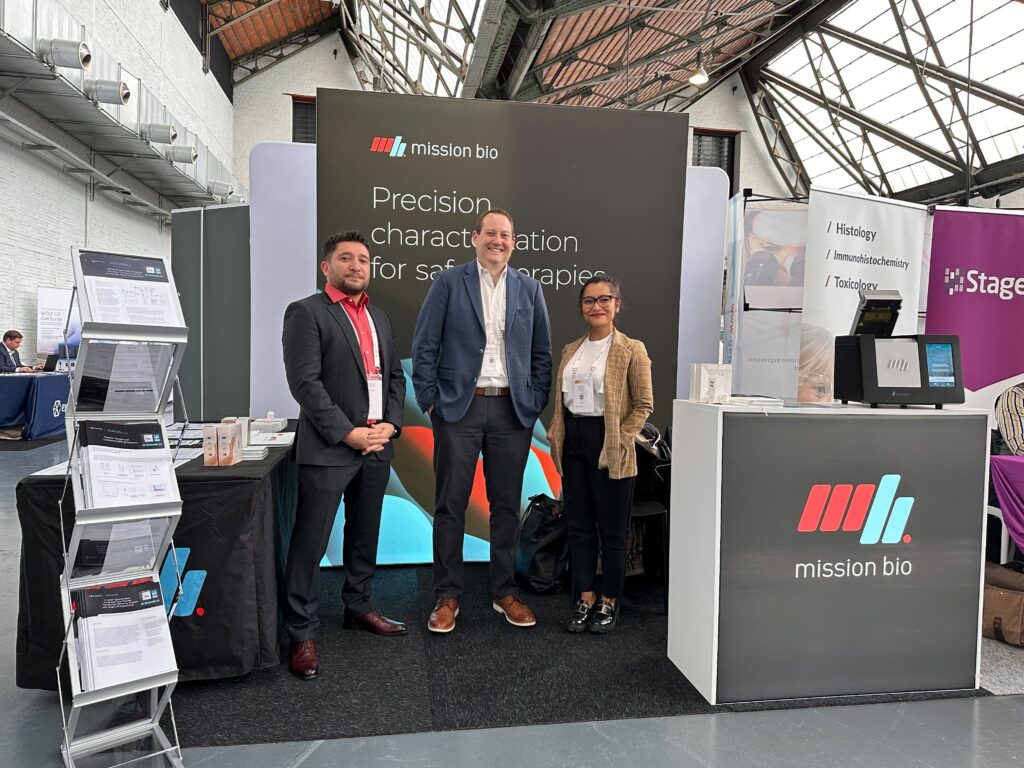Last week we celebrated World CRISPR Day, a day reserved to recognize the remarkable impact of CRISPR technology on research and medicine. In light of celebrating this ground-breaking genome editing technology, this year we’re thrilled to have recently unveiled the Tapestri Genome Editing Solution.
This new solution is already transforming the way genome engineers analyze CRISPR-based disease models, functional genomics screens, and gene-edited based cell and gene therapies. With the ability to provide high-throughput analysis at single-cell resolution, this innovative solution is a game-changer through its comprehensive, multi-omic approach.
The Tapestri Genome Editing Solution offers insights into a spectrum of critical parameters that bulk assays cannot easily ascertain:
- On- and Off-Target Edits: Get a complete picture of both intended and unintended genetic modifications with precision.
- Zygosity: Understand the allelic distribution of edits within a cell population.
- Co-occurrence of Edits: Explore the complex interplay of multiple edits within a single cell.
- High-throughput analysis without any computational labor: Sequencing analysis is automated, and reports are intuitive.
This means genome engineers can now delve into the intricacies of CRISPR outcomes, paving the way for breakthroughs in diverse life science applications, including the development of safer and more efficacious cell and gene therapies.
Dive Deeper with Our White Paper
To explore the full capabilities of the Tapestri Genome Editing Solution, be sure to check out our latest white paper. It offers an in-depth exploration of the pipeline’s capabilities, its impact on genomic analysis, and its potential to drive advancements in the field of genome editing.
Mission Bio Takes Genome Editing Analysis on the Road
The Mission Bio team is hitting the road over the next few weeks and will be attending a few upcoming conferences. This week, we headed to Brussels, Belgium for the the European Society of Gene and Cell Therapy (ESGCT) Annual Congress. We had a fantastic time connecting with industry and academic professionals, and enjoyed presenting several posters including:
- Quantification of single-cell vector copy number in CAR T cell products utilizing a novel microfluidic technology
- Precise measurement of vector copy number and transduction efficiency at single-cell resolution for cell and gene therapy development
- Decoding the mosaicism of genome editing with single-cell multi-omics analysis
- Single-cell lentiviral vector integration sites and clonal tracking assay for cell and gene therapy

The 30th European Society of Gene and Cell Therapy Annual Congress

The Mission Bio team ready to help!
For an update on our work with the National Institute of Standards and Technology Genome Editing Consortium (NIST), don’t miss Dr. Samantha Maragh’s poster, “NIST Genome Editing Consortium interlab study to evaluate the performance of DNA detection technologies in use for confirming genome editing.”
On October 30, the team will be at the CRISPR-Based Therapy Analytical Development Summit in Boston, Massachusetts. We’re eager to see and hear the leading advancements toward developing more precise, safer, and more effective CRISPR-based therapies.
Mission Bio researchers are also eager to present and participate in the NIST Genome Editing Consortium Public Workshop November 2 in Rockville, Maryland. The team is excited to present results from the initial Interlab Study, which consisted of 14 participants evaluating various genomic technologies in an effort to standardize and improve gene editing analysis.
We hope to see you out in the field soon. Until then, Happy World CRISPR Day 2023!










